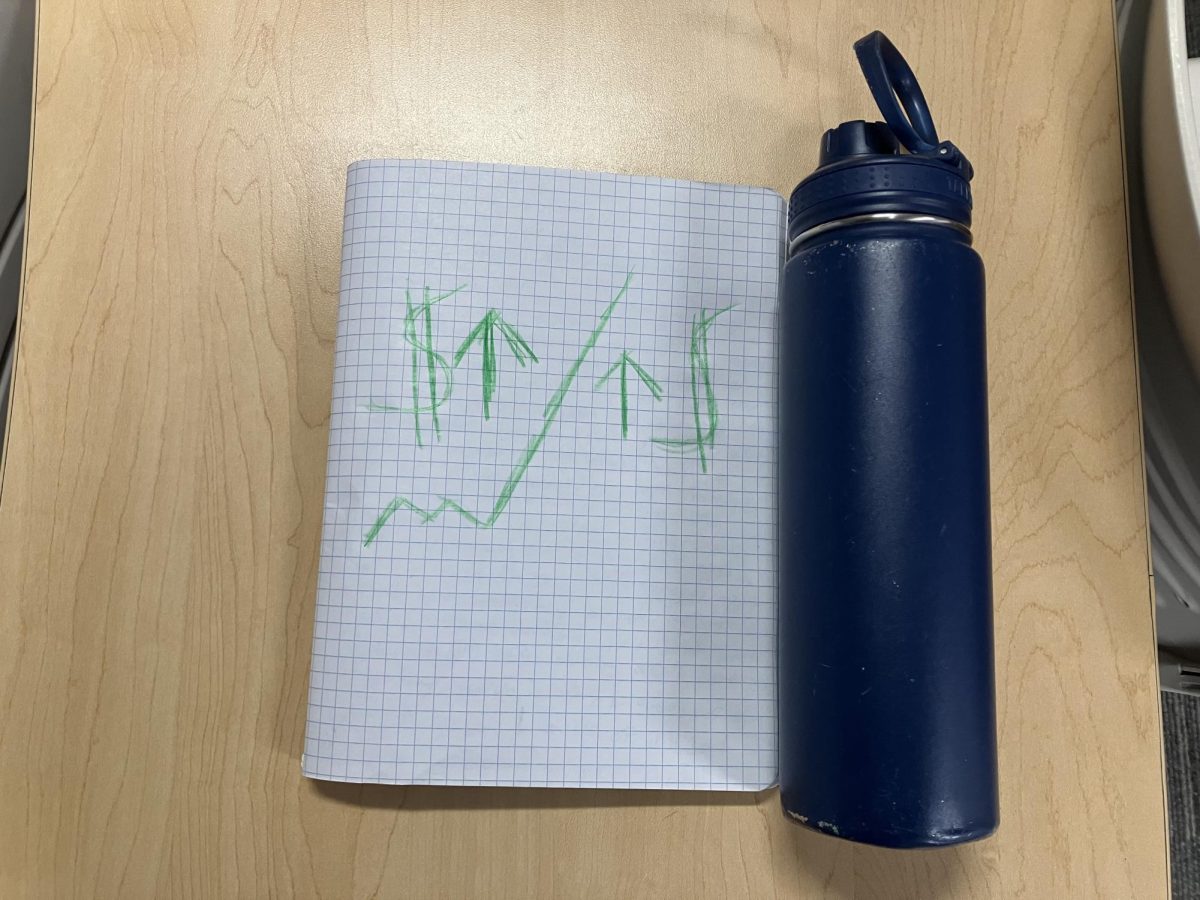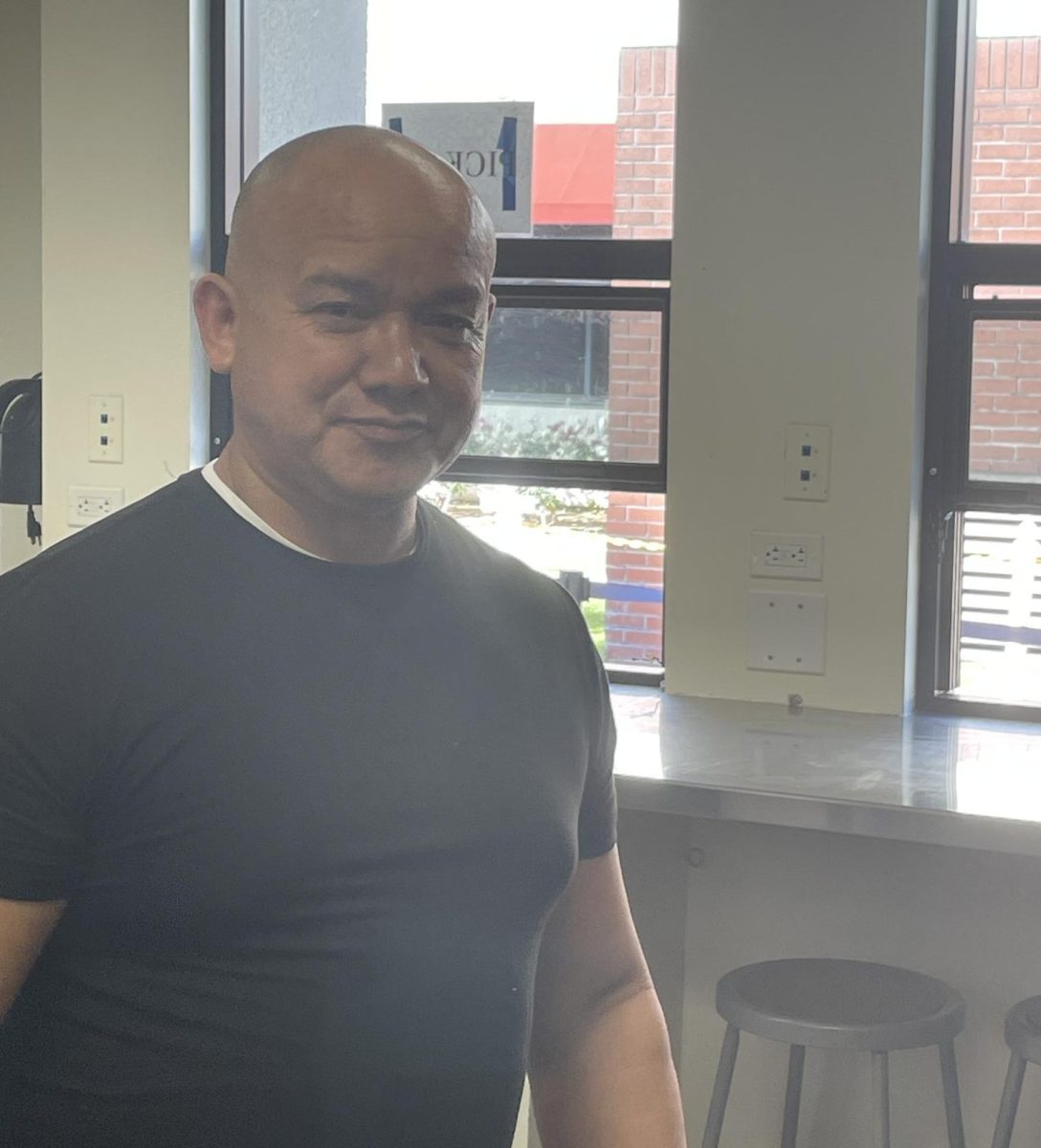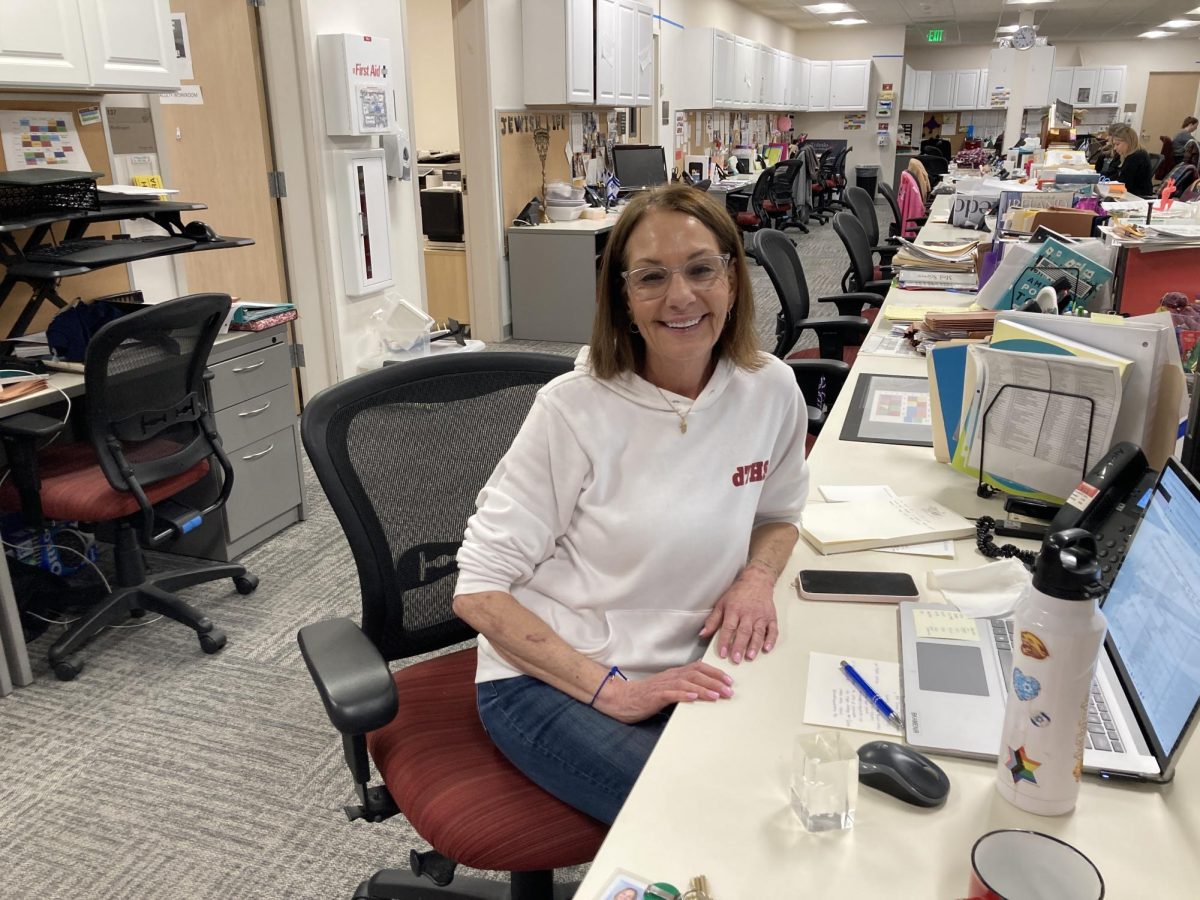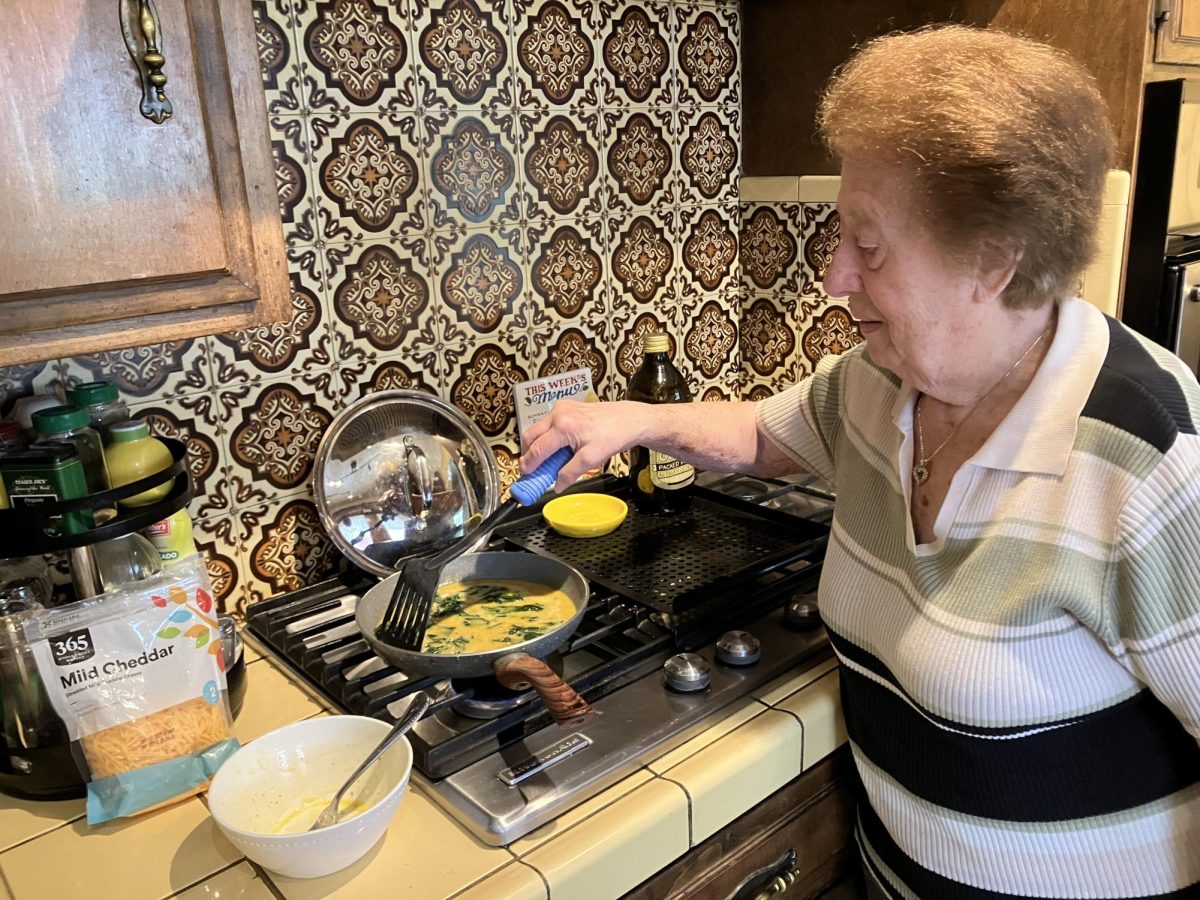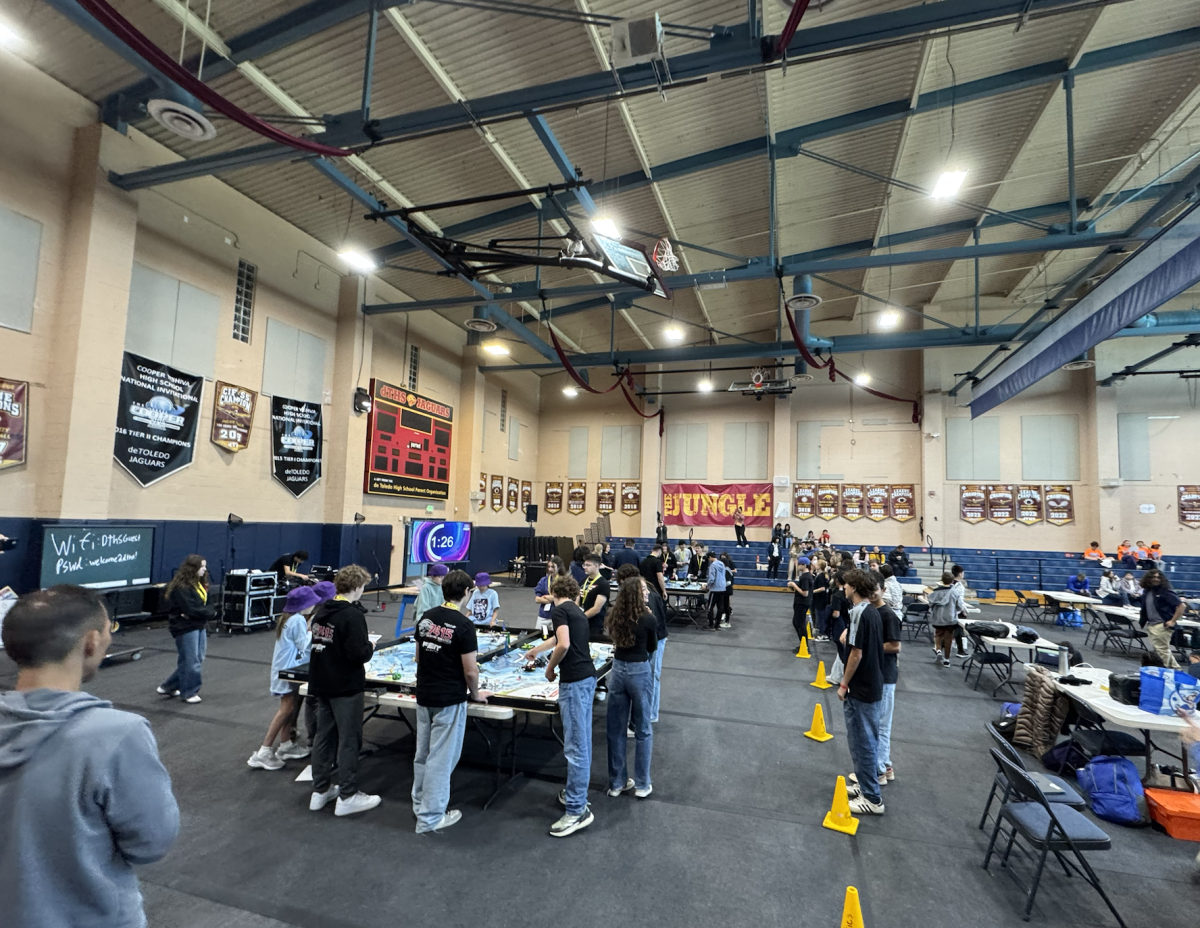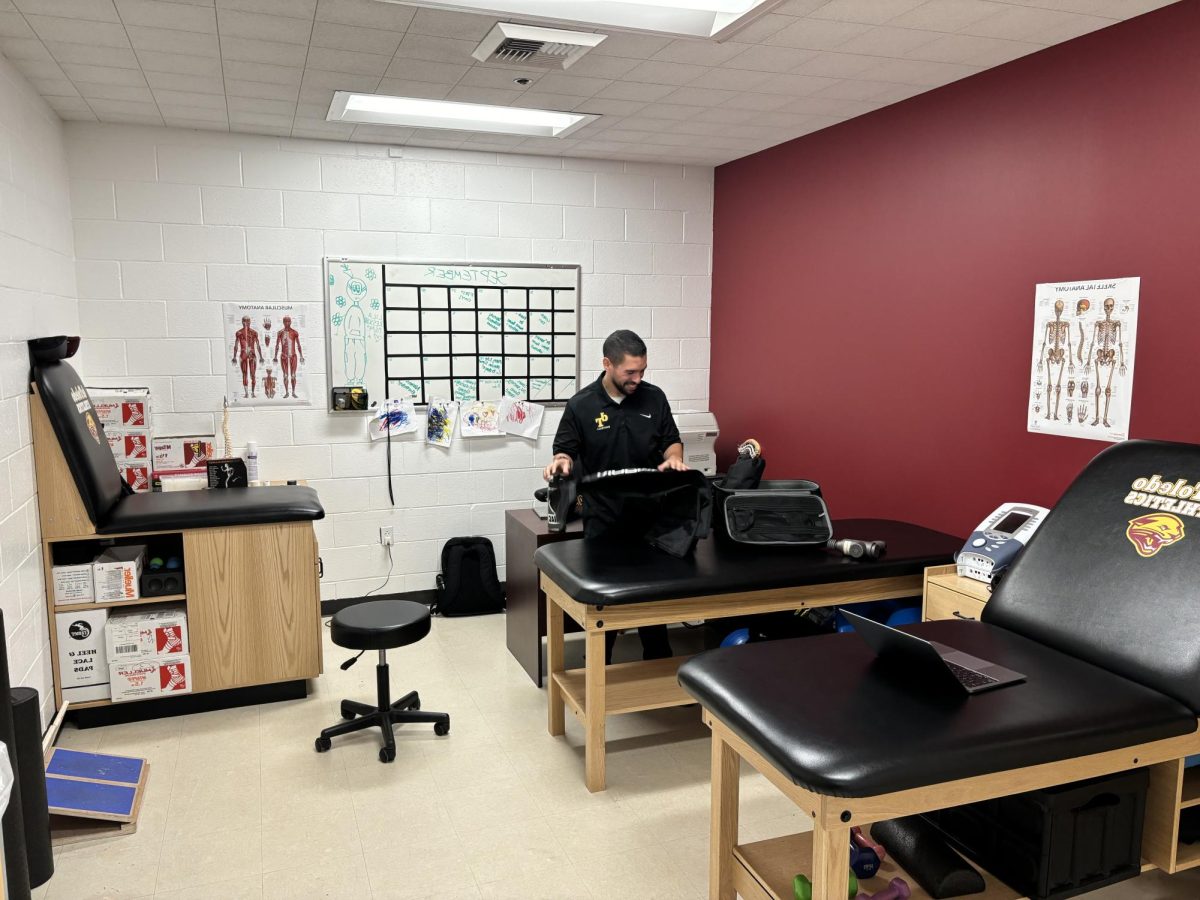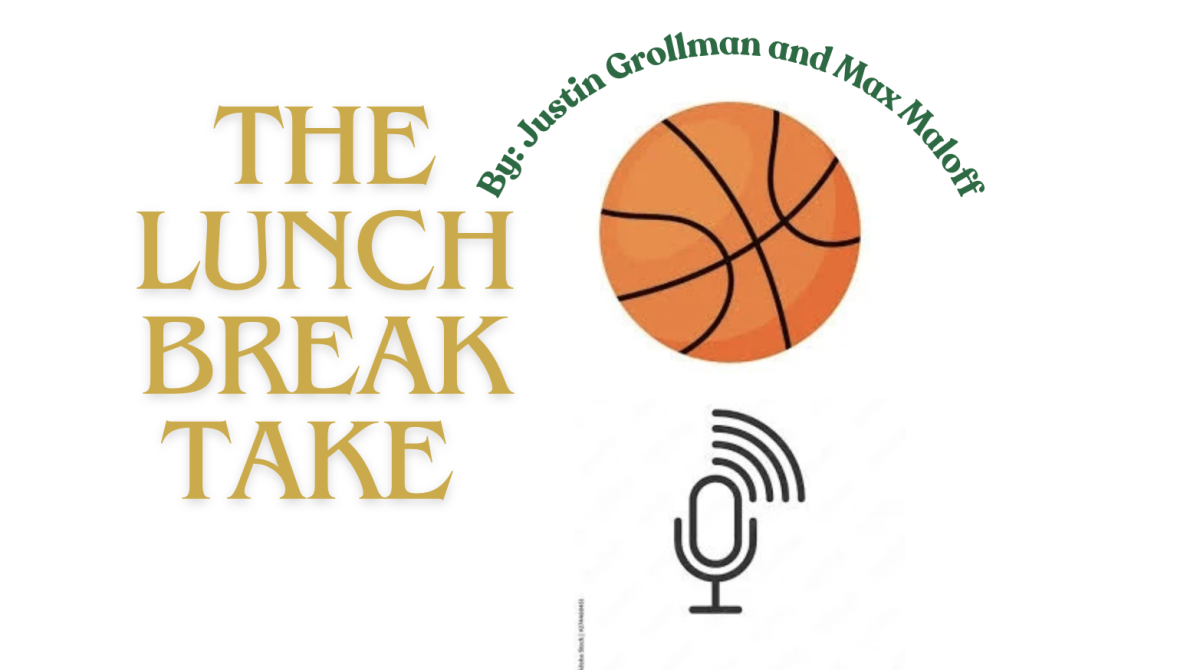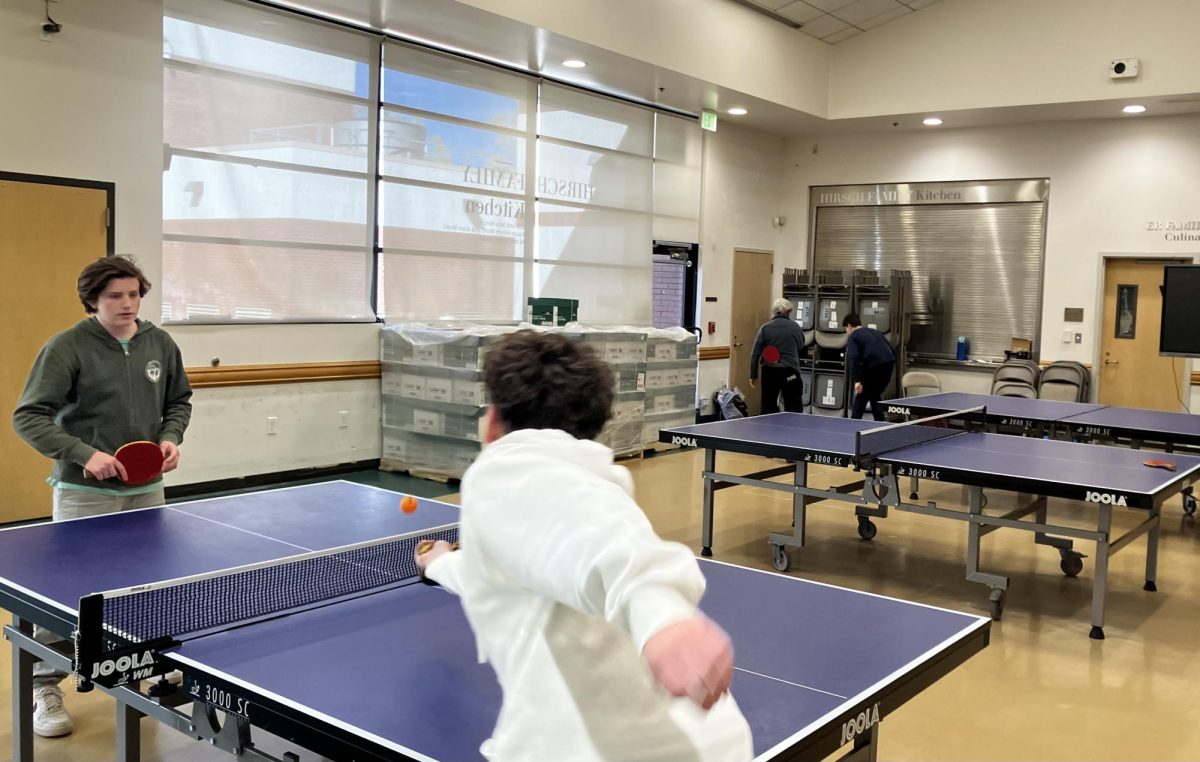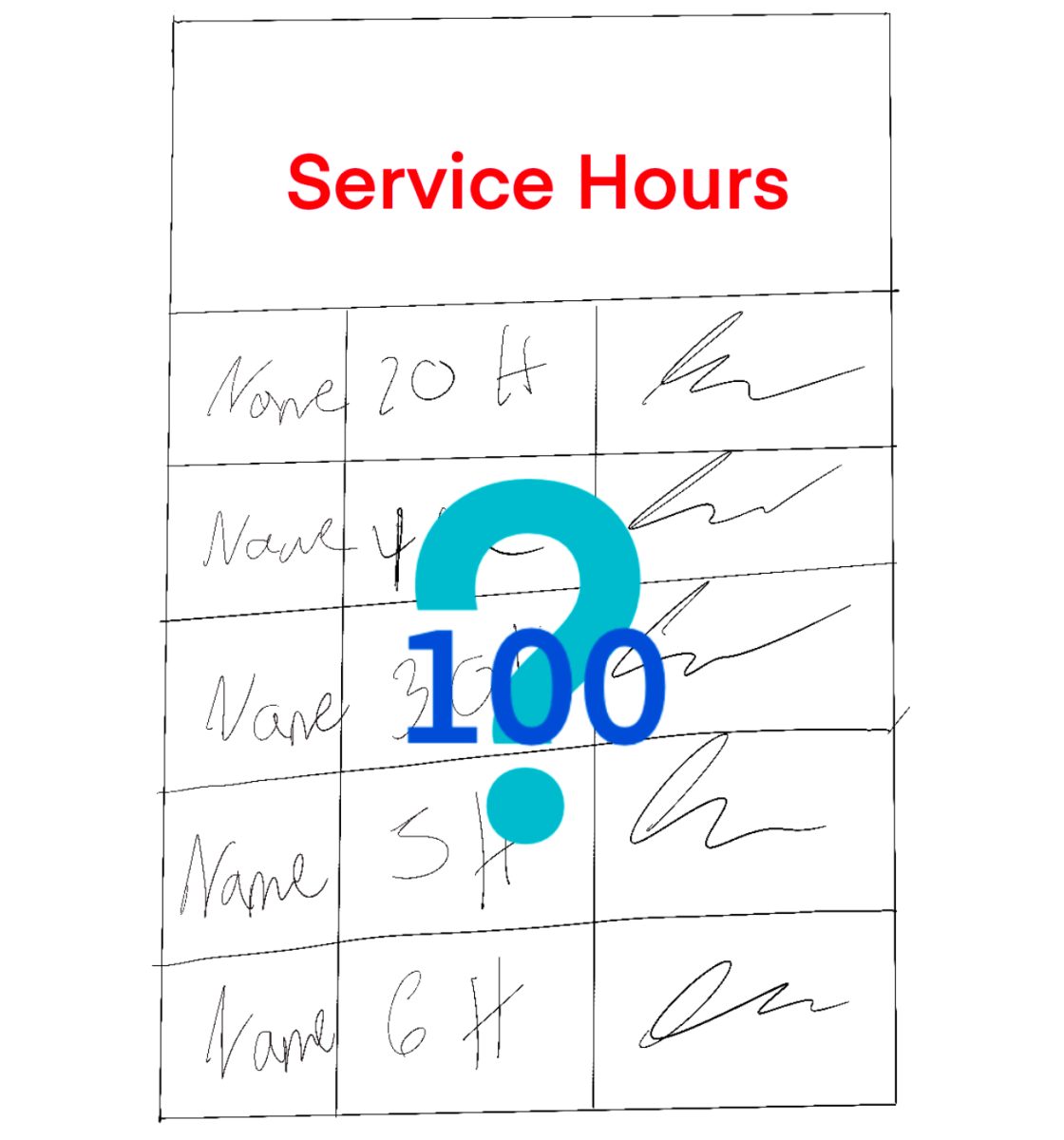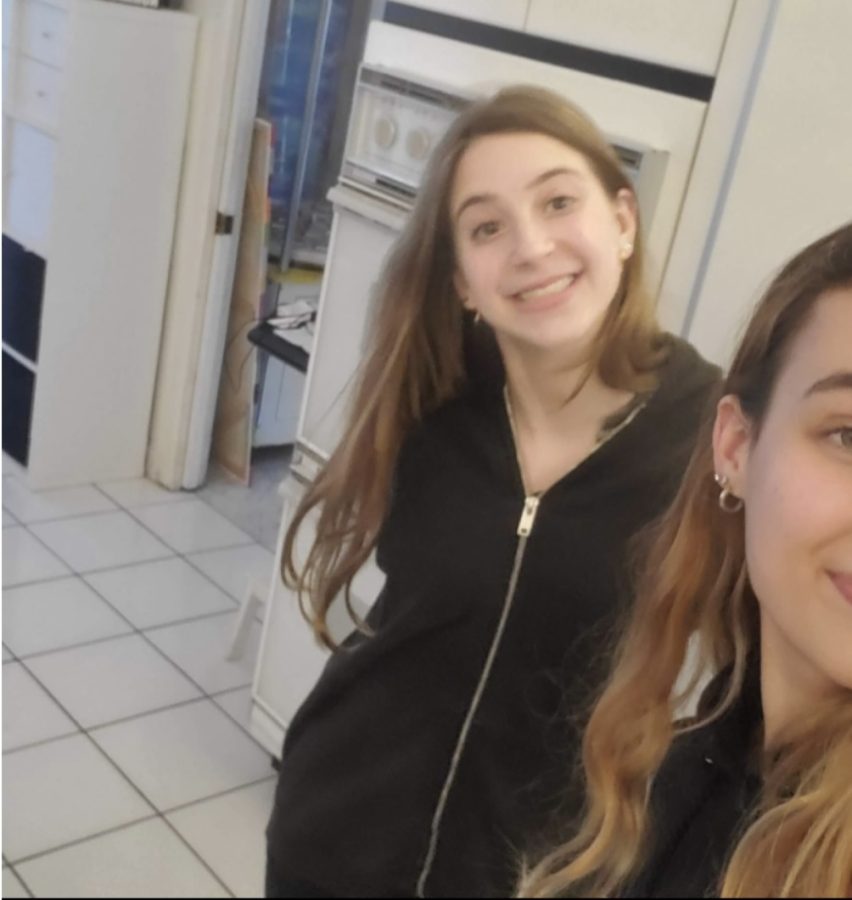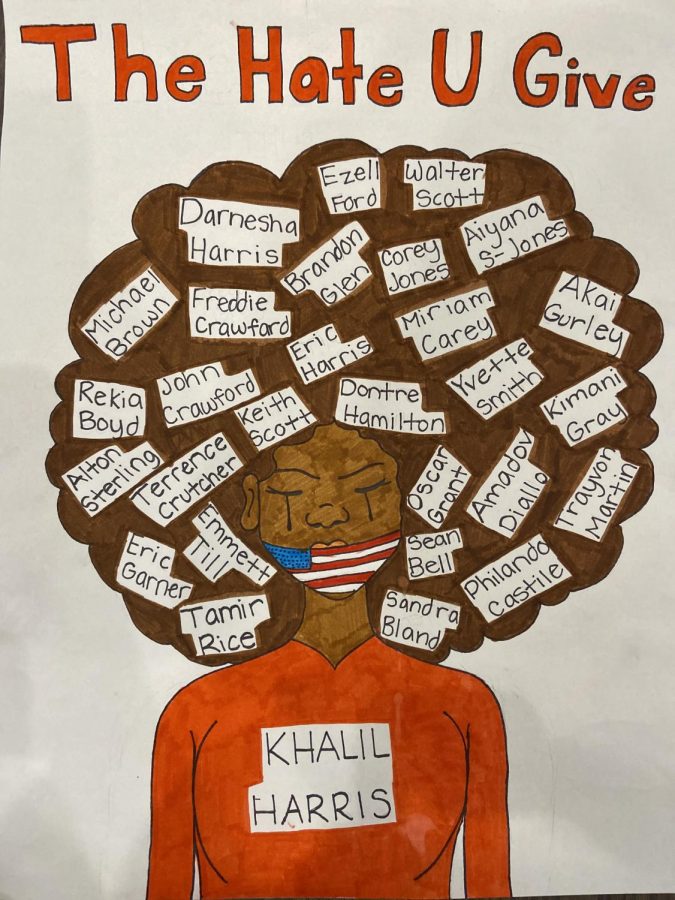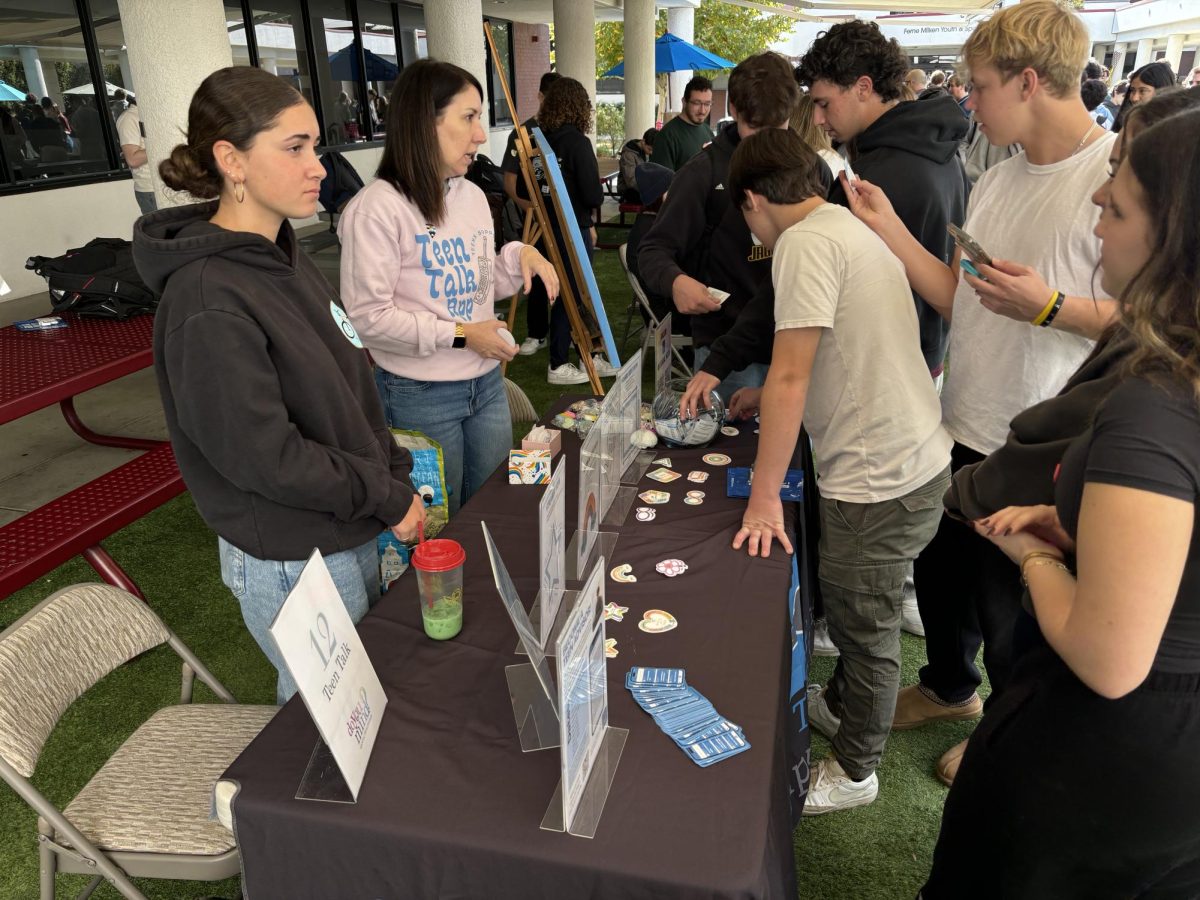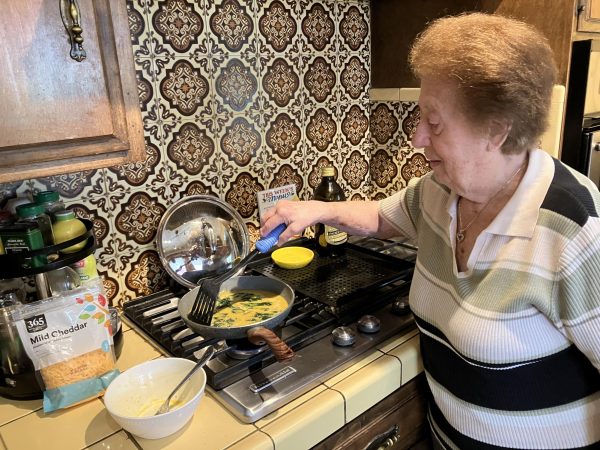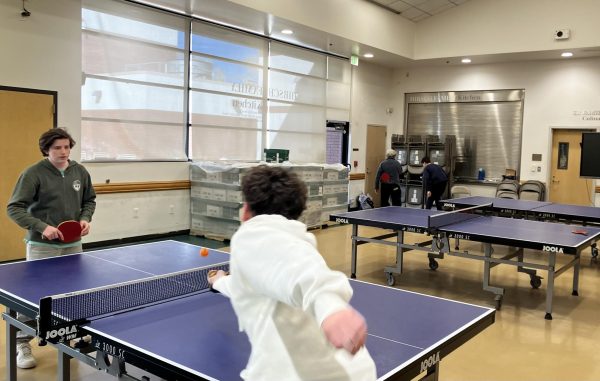An Ode to Naps
Do you nap? Well, to be quite honest, I don’t nap. However, I do constantly ponder the idea of taking a daily, 20-minute nap, as I often find myself feeling extremely tired.
Research upon research has shown that napping can improve several things, such as one’s stress levels, health, attentiveness, and motor skills. In fact, according to the Sleep Foundation, one-third of all American adults take naps. That’s a lot, huh?
Now let’s consider some of the ways in which we can categorize naps. You may take a recovery nap when you are feeling sleep deprived, a prophylactic nap when you are preparing for future sleep loss, an appetitive nap if you enjoy taking naps (just to nap, for the enjoyment of it), a fulfillment nap for those young children and toddlers who need a scheduled time of rest, or an essential nap when you are sick and need to strengthen your immune system. All of these different types of naps are completely valid, so sleep may be critical when that certain occasion calls for it.
De Toledo junior Sophie S. says her mental and physical health benefit from taking naps: “Yes, I believe it has made me more energetic and ready to study after my naps, and I feel more rejuvenated all the time.” Identifying herself as an appetitive napper, Sophie said she “enjoy[s] napping.”
As research proclaims, an ideal time of rest is a power nap ranging from 10 to 20 minutes; however, one can extend this time period if it is considered an essential or fulfillment nap. All in all, the benefits of naps outweigh the negatives. They most certainly can improve learning, assist memory recognition, regulate emotions, and reduce sleepiness, according to the Sleep Foundation. Those with insomnia or sleep inertia may want to avoid or limit their naps, but those types of situations can be dealt with on a case-by-case basis.
Following the Sleep Foundation’s recommendations, an excellent way to assure an efficient nap is by setting an alarm clock beforehand, napping earlier in the day as opposed to later, creating a comfy sleep environment, putting worries aside, and reflecting on the reason behind that certain nap.
As you can see, a nap and sufficient sleep are helpful and beneficial in improving one’s physical, emotional, and mental well being. Now, when I’m feeling sleepy, I should definitely consider taking a short-but-effective power nap, and I think you should too! Let’s combat sleep deprivation together!

My name is Samara Freedman, and I'm a new junior at de Toledo High School. I enjoy writing, particularly about current events and mental and physical health....

